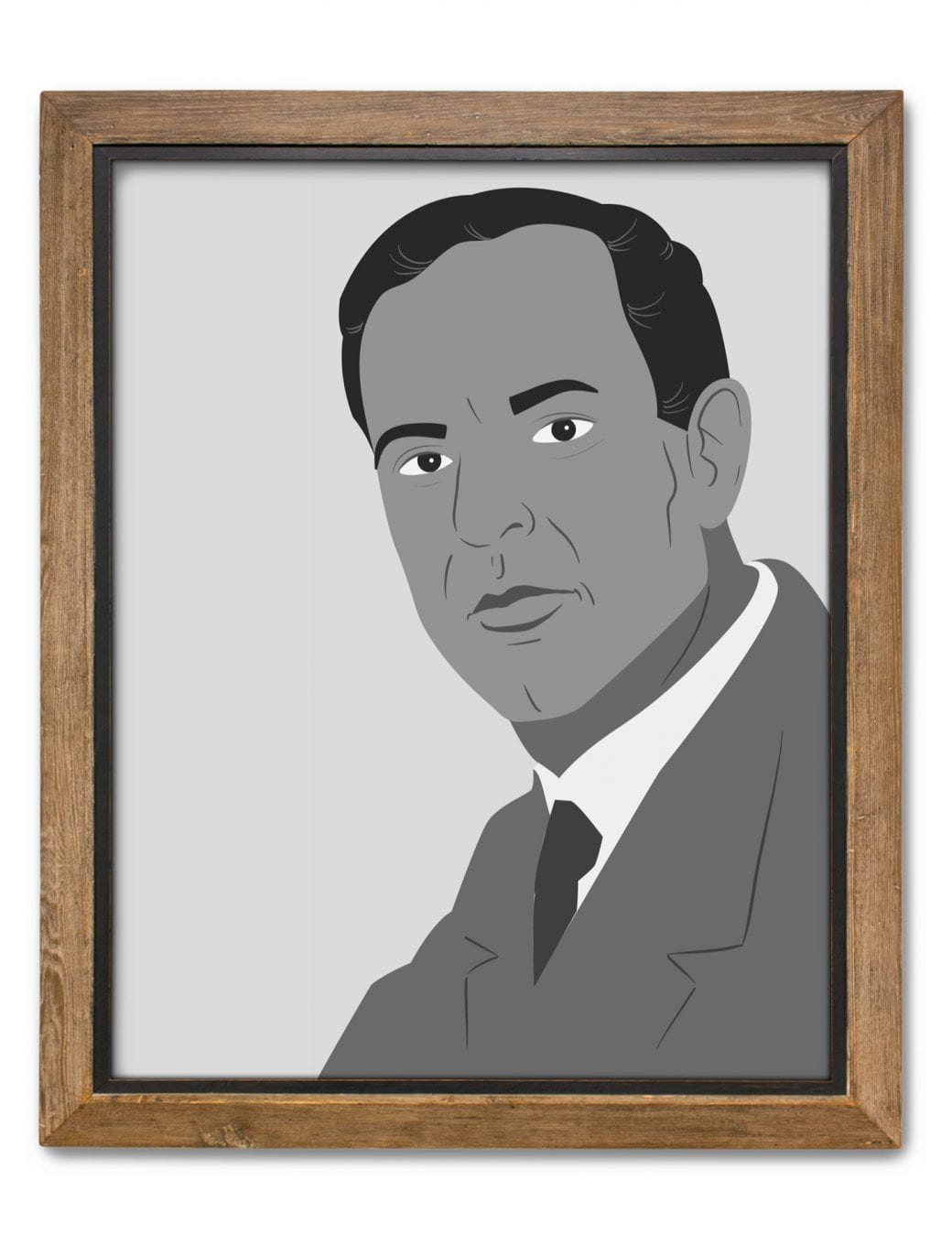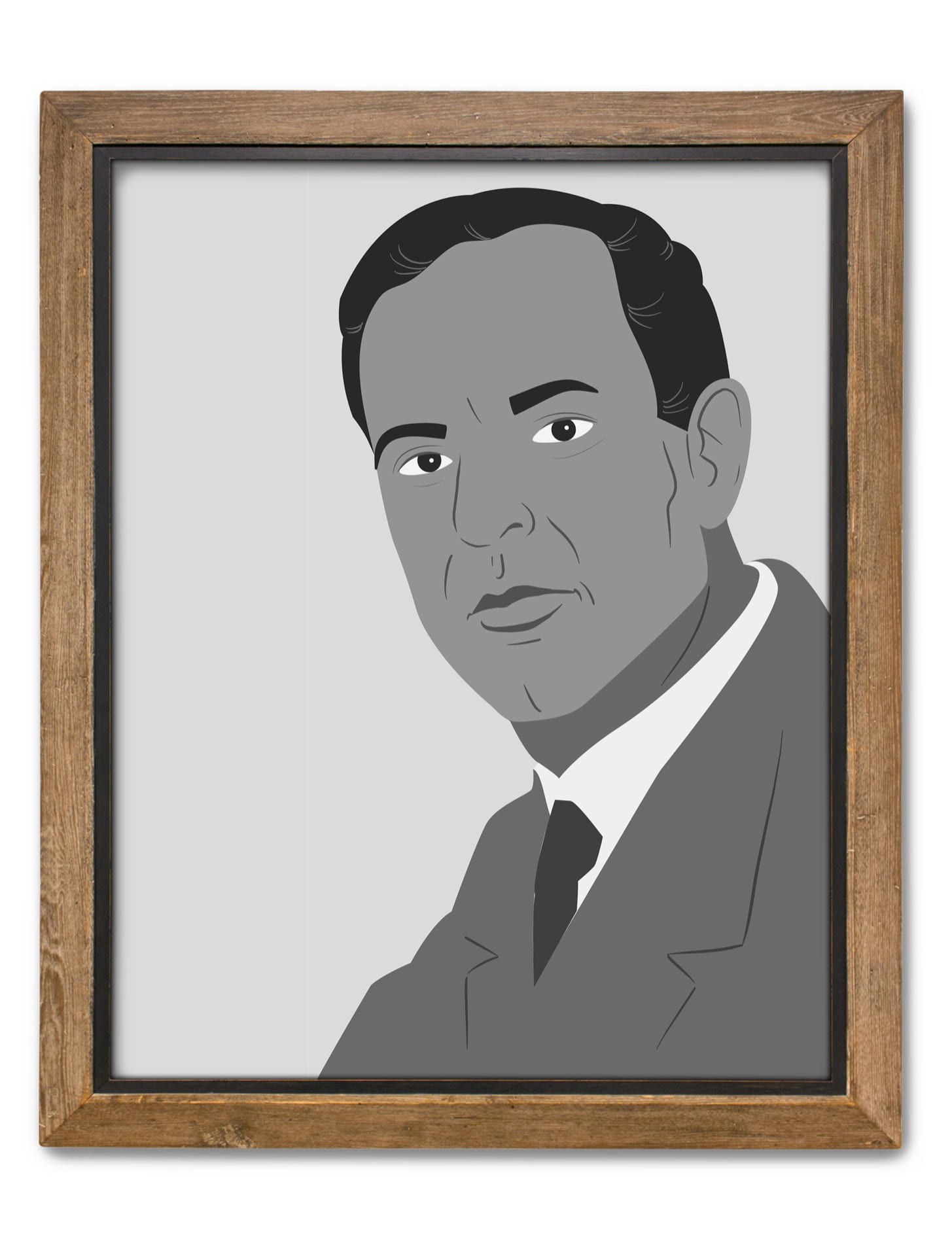Attorney and civic leader Albert Bailey George (1873-1940) broke barriers as the first Black man to serve as a municipal judge in Chicago. Born in Washington, DC, George completed his primary education and attended business school at Spencerian Business College before working as an assistant to the editor of The Colored American. In the early 1890s, George left Washington for Altoona, Pennsylvania, to begin his legal career, reading law in the office of attorney Nicholas P. Mervine and serving as a clerk for alderman James B. Raymond, Mervine’s brother-in-law. Soon, George heard that Chicago offered many opportunities to Black lawyers and law students; he enrolled at Northwestern Law, graduating and receiving his admission to the Illinois Bar in 1897.
George developed a sterling reputation as an honest attorney and a strong community leader by the beginning of the twentieth century. In addition to serving as an attorney for the Chicago Defender, George served as a superintendent of the Grace Presbyterian Church Sunday School, functioned as a secretary of the Board of Trustees for Provident Hospital, and served as a secretary of the Chicago Urban League. Despite his many civic roles throughout the 1910s and 1920s, George had not demonstrated a strong interest in politics; however, when leaders in Chicago’s Republican Party considered running a candidate of color for a judicial appointment, many endorsed George as a candidate for municipal judge in 1924. They reportedly viewed George as an agreeable candidate who “would arouse no antagonism and who had a record that could not be touched”. The Chicago Bar Association endorsed his candidacy, and in November 1924, George was elected as a judge on Chicago’s municipal court. He won 470,000 votes; this included many votes from white Chicagoans, as the city recorded no more than 60,000 eligible Black voters at the time. Notably, many white-majority news sources described him as having light skin around the time of his election; one source described him as “interested in racial welfare, although he might easily be mistaken for a white man.” The Chicago Tribune reported George’s election as “a victory for tolerance”; George was widely perceived as a strong candidate whose priority for racial equality gave hope to Black Chicagoans.
Judge George (as he was frequently monikered) served as a municipal judge for six years, maintaining his reputation for fairness and high character—occasionally to his detriment. The judge “was not a politician,” and his insistence on equal treatment for influential political figures ensured that he “could not be used by the machine.” This also meant he would not receive political favor from the Chicago machine, and George lost his campaign for re-election after only serving one term. He was then appointed to a position on the Board of Pardons and Parole by Governor Louis M. Emerson, where he served for several years.
Sources
“Chicago Judge is 56.” Afro-American, October 19, 1929, p. 4.
“The First Negro Elected Judge.” Literary Digest, November 29, 1924, p. 12.
“Former District Negro Elected Chicago Judge.” Washington Post, November 7, 1924, p. 2.
Horney, Helen and William E. Keller. “The Negro’s Two Hundred Forty Years in Illinois: A Chronology.” Journal of the Illinois State Historical Society 56, no. 3 (Autumn 1963), p. 437.
“Judge Albert Bailey George.” Journal of Negro History 25, no. 2 (April 1940), p. 264.
“Judge George’s Honesty is Praised.” New Journal and Guide, February 14, 1931, p. 14.
Kinsley, Philip. “Colored Judge Wins Respect in Court Work.” Chicago Daily Tribune, July 3, 1925, p. 16.
—–. “Negro Judge’s Election Seen as Racial Hope.” Chicago Daily Tribune, November 10, 1924, p. 6.



